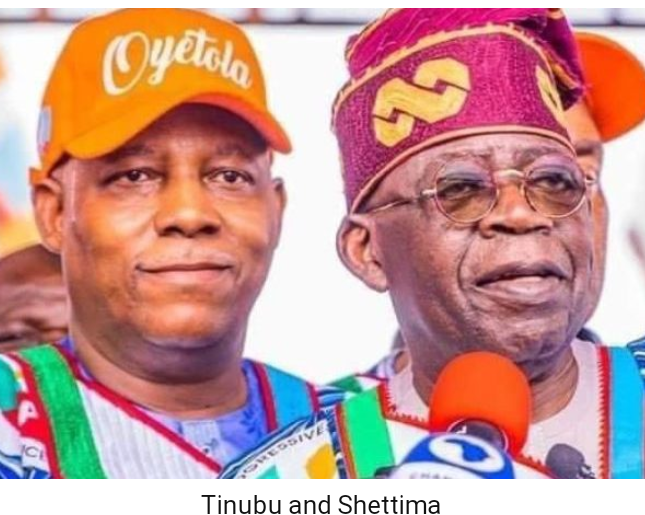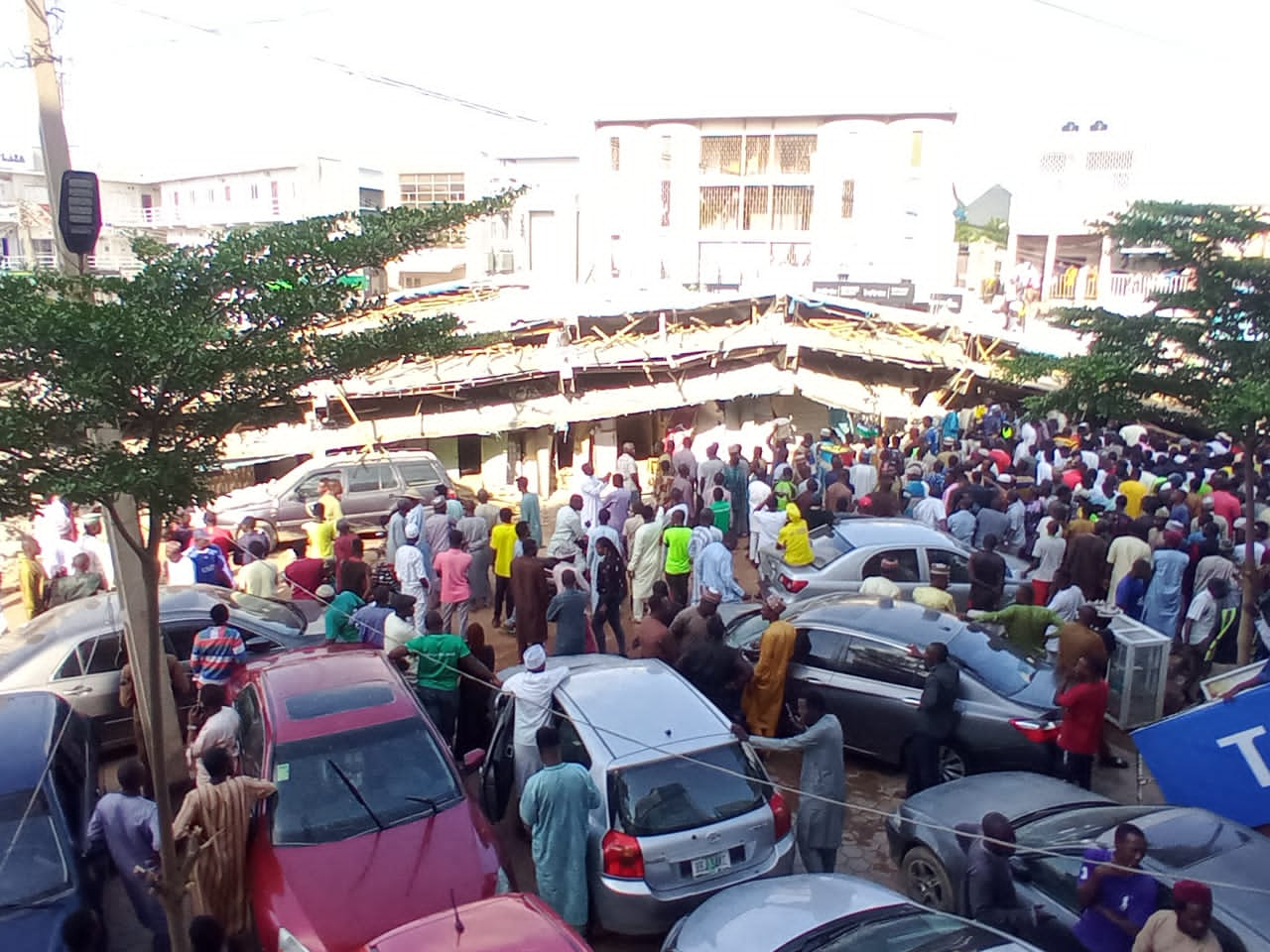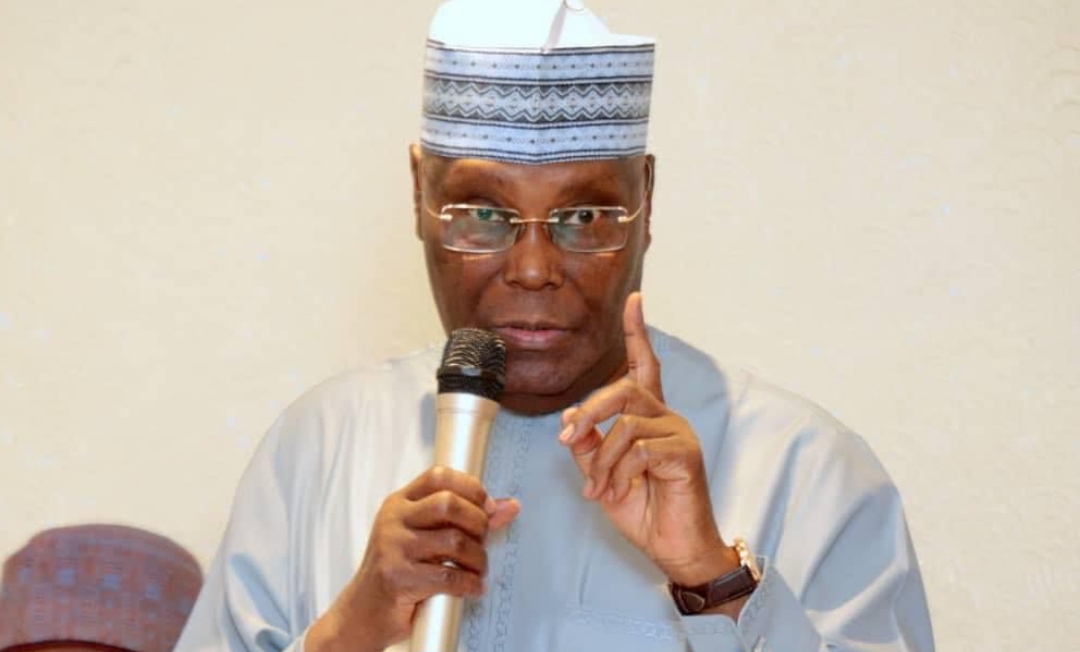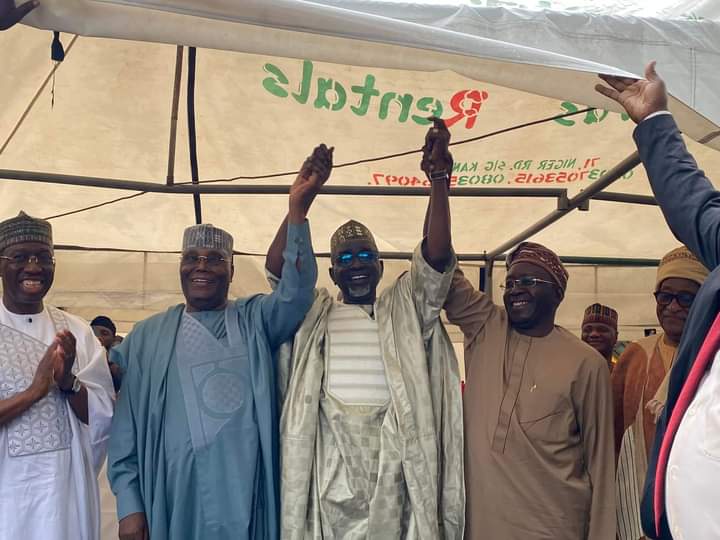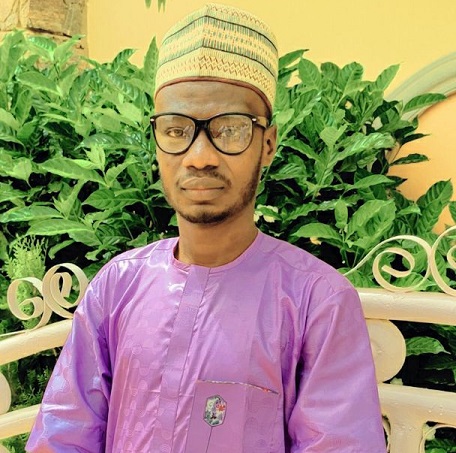Politicians should stop using religion for political gain—Bishop Kukah
By Muhammadu Sabiu Matthew Kukah, the Catholic Bishop of Sokoto Diocese, has cautioned politicians against exploiting politics in the nation through religion, noting that a severe result would follow such a…



